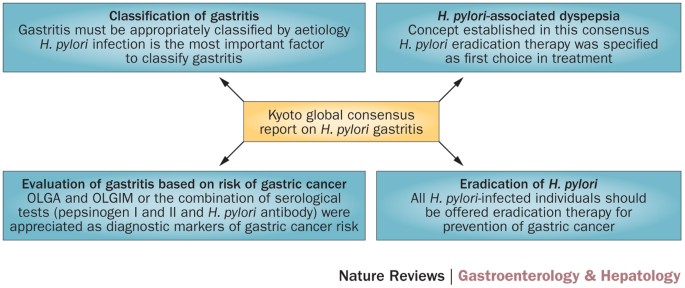Dyspepsia Caused by Helicobacter Gylori

Although gas and burping were once a badge of honor, they are no longer a good idea for a grown-up. Dyspepsia, or indigestion, is a common problem that may be caused by a variety of problems. The most important way to treat this condition is to identify the underlying cause. Fortunately, many treatments are available. Here are a few of the most common.
The first step in treating dyspepsia is to determine the cause. The most common causes of this disorder are medications, NSAIDs, and Helicobacter pyrexia. A thorough physical exam is usually sufficient for the diagnosis. Several tests are often performed to rule out other digestive disorders. The doctor may also run a blood test to confirm an infection of the stomach lining. He or she may order a contrast X-ray of the upper gastrointestinal tract. In addition to performing these tests, doctors may prescribe a treatment for non-ulcer dyspepsia. Medications should be taken only in low dosages.
The diagnosis of dyspepsia is possible if underlying causes are excluded. Your doctor will ask you about your symptoms and perform a physical examination. Examination of the stomach is usually normal. Your doctor may also ask you about the medicines you are taking. Some of these may cause or worsen your symptoms. Your doctor may also prescribe anti-inflammatory drugs. This type of treatment is sometimes referred to as prokinetic therapy.
Symptoms of dyspepsia are caused by various factors. Some foods, for example, can cause stomach upset in some people. If you suspect you have indigestion, your doctor may prescribe an anti-inflammatory drug such as acetaminophen. However, some patients may also respond to more conventional treatments such as antibiotics. In some cases, a smooth muscle relaxant or proton pump inhibitor may provide some relief.
While there is no cure for Helicobacter gylori dyspepsia, lifestyle changes and medication may be required. If dyspepsia is causing pain, your doctor will prescribe an anti-inflammatory drug to reduce pain and inflammation. If the symptoms are not relieved by medication, you may need surgery. If your doctor has diagnosed you with indigestion, he or she will prescribe medication to control your symptoms.

The most common cause of dyspepsia is Helicobacter gylori. Symptoms may vary between groups, but they all share some common characteristics. The doctor should conduct a thorough physical examination and determine the underlying causes of the pain. Symptoms may be recurrent or asymptomatic, or even painful. There is no cure for functional dyspepsia. The main treatment for this condition is medication.
Although there is no cure for Helicobacter gylori dyspepsia, some of the medical treatments described at cytocoreinc.com can relieve symptoms. For example, antacids can reduce the amount of acid in the stomach. Proton pump inhibitors can decrease the amount of stomach acid. Other medicines may be prescribed. If a patient has symptoms of functional dyspepsia, he or she should consider treatment depending on the cause.
In the event that the underlying cause of dyspepsia is known, the doctor should consult a gastroenterologist for a correct diagnosis. Often, a simple lifestyle change resolves the symptoms of functional dyspepsia. In some cases, surgery may be required. A gastroenterologist can help identify the underlying causes of dyspepsia.
Some medications can help manage the symptoms of functional dyspepsia. The most common medications include antacids, proton pump inhibitors, and histamine blockers. In some cases, dyspepsia may be caused by Helicobacter aphlaii infection. In these cases, there are no underlying health problems, but symptoms of functional dyspepsia may persist for many months. Fortunately, however, the disease can often be controlled with dietary changes and medications. For more information about the diet for dyspepsia, see the website myfoodindustry.com.
The symptoms of functional dyspepsia can vary from person to person. Symptoms may include a slow feeling in the lower abdomen or erratic bowel movements. A medical examination can reveal underlying problems. If the biopsy is negative, the gastroenterologist may suggest surgery. The doctor may perform an endoscopy if the diagnosis is confirmed. Alternatively, a doctor may perform a functional dyspepsia test to confirm the cause of the disorder.